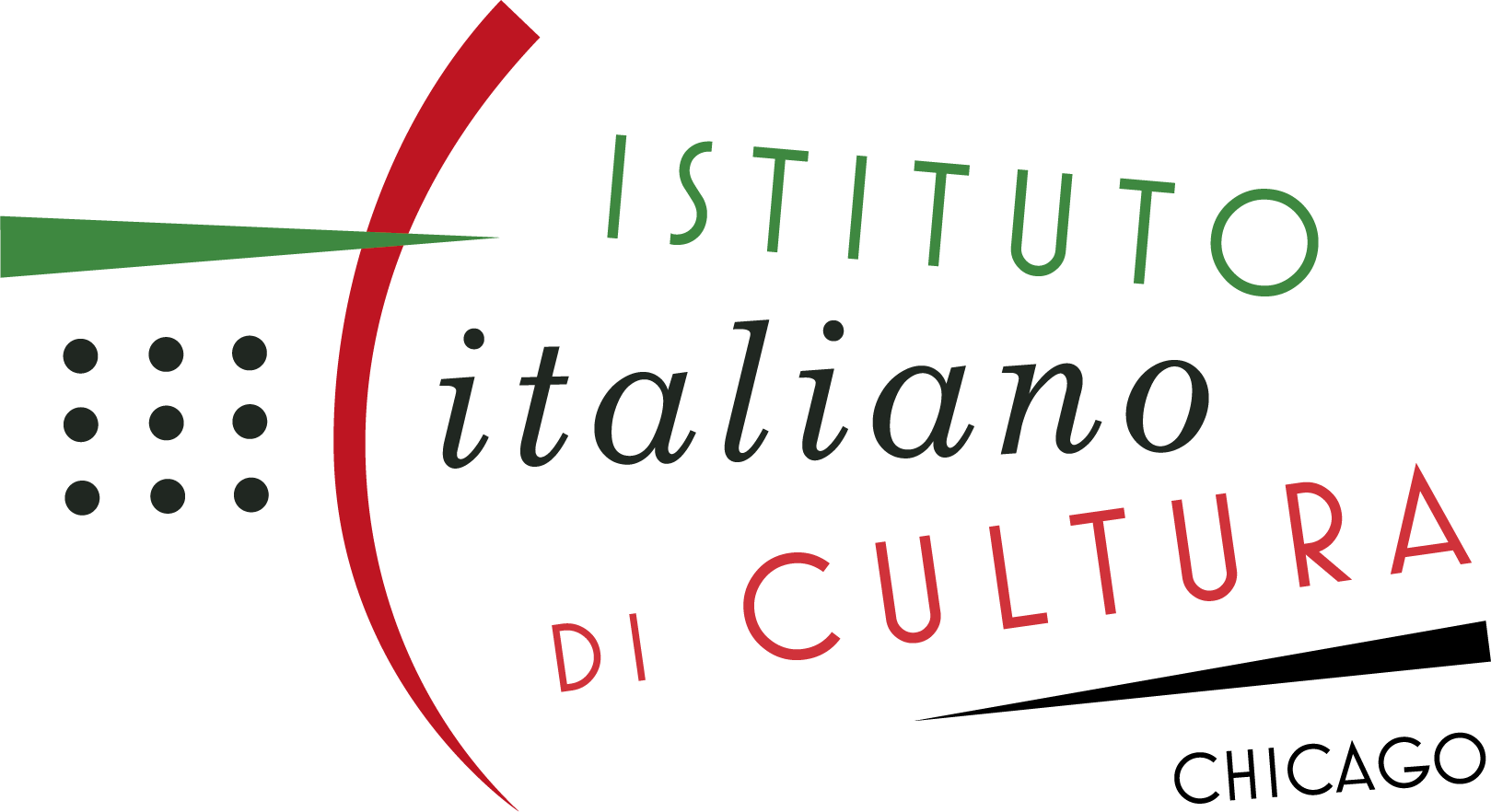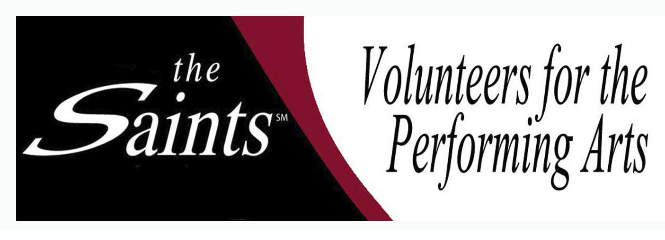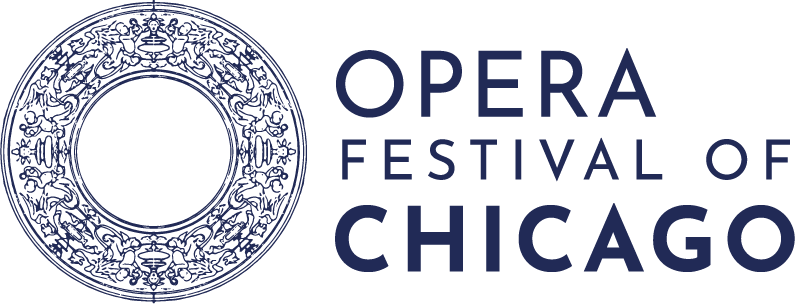Zaragoza, in the 16th century.
In the prologue, The Mother arrives to visit her imprisoned son. She is worried about his safety because of a nightmare she has had in which the foreboding figure of King Phillip II appears and morphs into Death.
When she comes to meet him in prison, the Prisoner tells his Mother of the torture he has faced while incarcerated. However, his Jailer has instilled him with hope- he has referred to him as “brother”, which the Prisoner takes to mean he will be released soon. The Jailer, who appears sympathetic to the Prisoner’s plight, arrives. He tells him that Flanders is in revolt, and to have hope- someone is watching over him, and his freedom is nearing. This news further encourages the Prisoner. The Jailer leaves, but as he does so, he leaves the cell door open. The Prisoner notices, and with this final incentive of hope given by the Jailer, he slips out of his cell and escapes.
The Prisoner slinks through the long corridors of the prison. He sees a torturer, who he successfully manages to hide from, and two priests. The priests are too invested in conversation to notice him. Finally, the Prisoner feels he is getting close to the fresh air outside, and when he hears a bell he associates it with the Roeland bell- the bell in the tallest belfry in Flanders. He opens the prison’s door and escapes into what he hopes is freedom.
In the beautiful starlit gardens beyond the prison at night, the Prisoner is so joyful over his seemingly-successful escape that he hugs what he takes for a cedar tree. However, when he grabs it, he finds himself in the arms of the Grand Inquisitor, who asks him: “”Brother… On the eve of your salvation… why ever would you leave us?” The Prisoner realizes that the Jailer was the Grand Inquisitor all along, and that his final and most atrocious torture is the false promise of hope the Inquisitor gave him. The Grand Inquisitor takes the Prisoner by the hand and leads him to the stake, and the Prisoner can only ask- “Freedom?”
Written by Ursula Sturgeon
Content Warning: Gun Violence, Gunfire, Excessive Violence, Abuse
There will be a 20 minute intermission between shows.
Off Stage Chorus
Marguerite Di Marco ^
Stephanie Gubin
Elise Hurwitz
Gisella Milla
Vera Schmitz
Diana Stoic Richardson
Leah Rockweit
Pamela Spann
Hillary Watkins
Mezzo / Alto
Amanda Caban
Katrina Dubbs ^
Mallory Harding
Floriana Hecker
Lauryn Nelson
Carmen Vizin
Ryan Frenk
David Greene
Alex Iacobucci
Christopher Jackson
Reuben Lillie
Aldo Alan Navarrete
Baritone / Bass
Chris FIlipowicz
Aurelien Mangwa
Chimerie Obianom ^
Collin Stillday ^
Kevin Wheatle ^
Jonathan Wilson
^ Young Artist Performer
Crew
Chorus Master, Reid Taylor
Director, Harry Silverstein
Asst. Director & Supertitles, Hannah Zizza Stanfield
Stage Manager, Magda Travis
Stage Manager, Katie Meine
Asst. Stage Manager, Bruno Diaz Miranda
Lighting Designer, Mike Goebel
Costume Designer, Emily Daugherty
Scenic Designer, Eleanor Kahn
Props Master, Isa Noe
Production Manager, Darren Lee Brown
Front of House Manager, Haley Rayfield
Master Electrician, Hannah Wien
Recording Engineer, Mary Mazurek
Opera Festival of Chicago Symphony Orchestra
Conducted by Sir Emanuele Andrizzi
Violin I
Robert Hanford, Concertmaster
Cristina Buciu
Carmen Kassinger
Lisa Fako
Violin II
Peter Miliczky *
Sheila Hanford
Emily Ilyes
Viola
Lisa Ponton *
Sava Velkoff
Roslyn Green
Cello
Philip Bergman
Double Bass
Hannah Novak
Flute / Piccolo
Ginevra Petrucci *
Yukie Ota (picc.)
Oboe
Sam Waring *
James Kim (E.H.)
Clarinet
Elizandro Garcia-Montoya *
Madi Childs (B. Cl.)
Bassoon
Edin Agamenoni *
Andrew Marlin
Horn
Brian Goodwin *
Renee Vogen
Trumpet
Ben Veerapun *
Ismael Canizares
Trombone
Ignacio Del Rey *
Reed Capshaw
Tuba
Matthew Gaunt
Timpani
Jeff Handley
Percussion
Fabian Correa
Harp
Lauren Hayes
Keyboard
Jonathan Gmeinder *
Andrei Liquer +
* Principal
+ Festival Fellow
Sponsors
Thank you to our sponsors.





